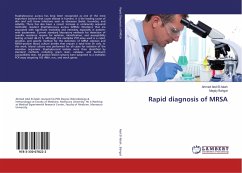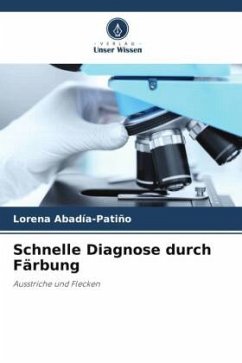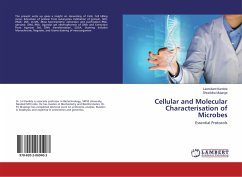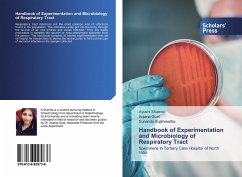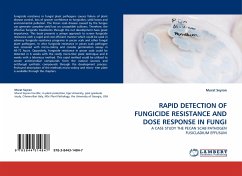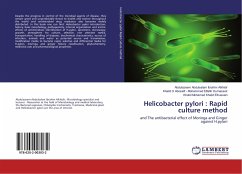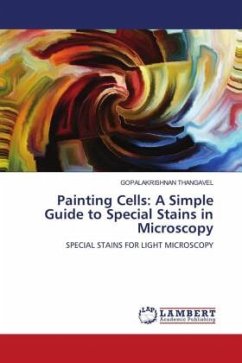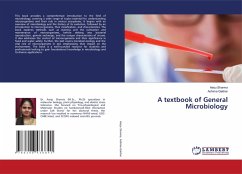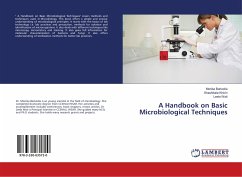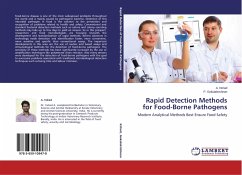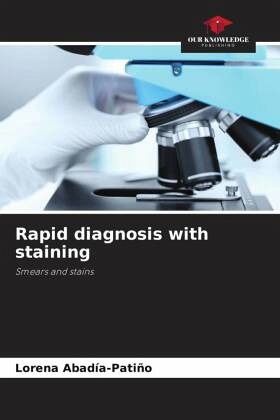
Rapid diagnosis with staining
Smears and stains
Versandkostenfrei!
Versandfertig in 6-10 Tagen
58,99 €
inkl. MwSt.

PAYBACK Punkte
29 °P sammeln!
The aim of this guide is to prevent the misuse of antibiotics in patients who do not need them, thereby reducing the emergence of multi-resistant bacteria. Developed countries have access to new, expensive techniques that are unfortunately beyond the reach of developing countries. There are also microorganisms that can only be detected by staining because they cannot be cultured in a microbiology laboratory. On the other hand, the human microbiota is closely related to health, and the use of antibiotics creates a dysbiosis that proportionally affects the incidence of several diseases by affect...
The aim of this guide is to prevent the misuse of antibiotics in patients who do not need them, thereby reducing the emergence of multi-resistant bacteria. Developed countries have access to new, expensive techniques that are unfortunately beyond the reach of developing countries. There are also microorganisms that can only be detected by staining because they cannot be cultured in a microbiology laboratory. On the other hand, the human microbiota is closely related to health, and the use of antibiotics creates a dysbiosis that proportionally affects the incidence of several diseases by affecting the quantity and quality of bacteria present, especially in the gut. Staining is fast and economical, helping the clinician to make decisions that do not put the patient's life at risk.





